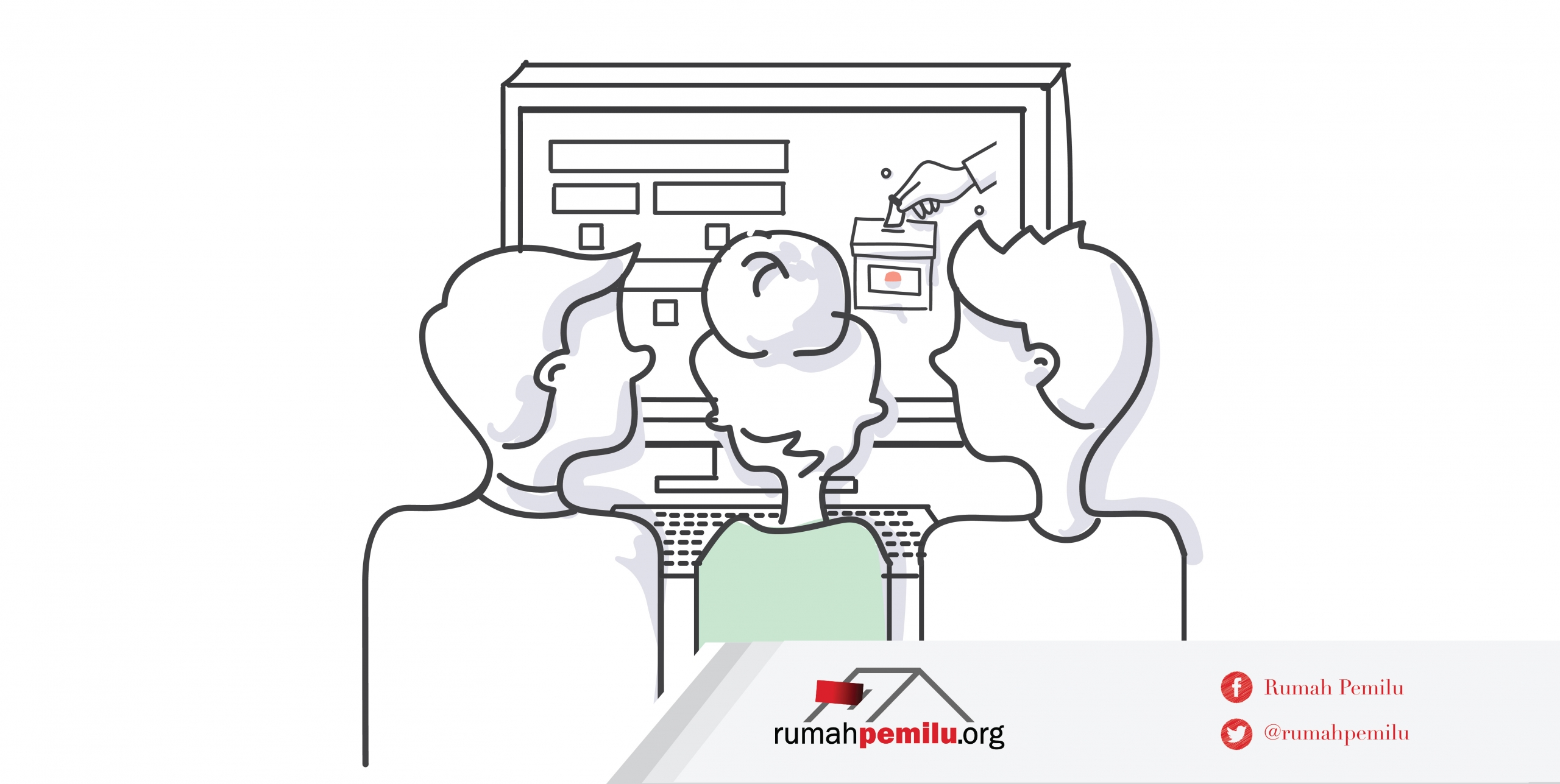A staff from the Monitoring Division of the Election Monitoring Body (Bawaslu), Abdul Gofur, during a public discussion titled “Violent Cases in 2017 Local Elections in Special Areas” says that the government need to put more attention to the implementation of local elections in Papua and West Papua Province because these two areas are considered as susceptible to violence. Eleven regencies/municipalities in Papua, especially Tolikara Regency, are considered very susceptible. In Puncak Jaya, often candidates mobilizes armed mobs during campaign to intimidate voters to vote for them.
In West Papua, there are three areas with where there are possibilities of baku botong (killing each other) among its election participants, they are: Maybrat, Tambrauw, and Sorong. Those election participants mostly conduct their activity in an anarchistic manner. It is expected that members of the Election Monitoring Committee (Panwaslih) of West Papua and local police will put their best effort to maintain security and safety of the area.
“Members of Panwaslih and local police officers should be aware. The Election Susceptibility-to-Violence Index (IKP) that we have created can be used as an early warning for them to make a decision for the voting day,” says Gofur.
In response to the IKP, a researcher from the Papua Research Division of the Indonesia Legal Aid Institution (YLBHI), Amirudin Al Rahab, expresses his disagreement on IKP methodology. According to Amirudin, IKP demands us to be suspicious against Papuan voters and politicians all year.
“The guy behind this IKP lacks the intuition to comprehend the symptoms of Papuan conflicts,” says Amir.
According to Amir, electoral conflicts in Papua, or in any area susceptible to violent conflict, for that matter, is caused by three factors. First, the candidates of the election deliberately create fierce competition among their supporters and there is no reprimands on such behavior. Second, the Election Commission does not clearly disseminate the laws and regulations for the election, and, as a consequence, every participant interpret the laws as they like. Third, the Elections Management Body (EMB) shows inconsistency in making decisions.
“It is important for EMBs to prevent violent conflict. However, it is also important to correct people’s perception regarding the conflict itself. Papua and West Papua have become susceptible to violence because of the three factors I mentioned,” says Amir.
Problem Regarding Voters’ List (DPT) in West Papua
On August 28th 2016, when Rumah Pemilu contacted the Chairperson of the Elections Monitoring Body (Bawaslu) of West Papua, Ishak Waramori, Ishak says that, in West Papua, there is an electoral area where the number of registered voters is three times larger than the total population. Unfortunately, at that time, Ishak was unable to verify the data because he had not received the Potential Voters Data from the National Election Commission and he had not established Panwaslih yet.
“Many people confused and protested. They were demanding explanation why there are inflation of voters in some areas. We cannot do anything because we haven’t received the Potential Voters Data from the National KPU,” says Ishak (10/28/2016).
Gofur says that there is always problems with the Voters’ List in Maybrat and Tambrauw. In 2017 Local Elections, finalization of Voters’ List in those areas has to be postponed. All voters registered in the Potential Voters List had to be included in the Final Voters’ List.
Any problem regarding Voters’ List should never be taken lightly by the EMBs. Candidates can exploit inflation of number of voters to gain undue votes. The Election Commission of Papua and West Papua Province should be able to prevent this by updating their voters’ registration system.
Problem Regarding Logistics Distribution
Amir describes one interesting aspect regarding logistics distribution in Papua and West Papua. “Since Papua area is included in Indonesia territory, logistics distribution has and always been a main problem in elections,” says Amir.
EMBs should keep monitoring and improving distribution process of election logistics in Papua and West Papua for this year’s local election because the rainfall in both area in February will be heavy. Many voters worry the election officials will not be able to distribute the logistics needed on time. Some are even worry that they will never be able to distribute the logistics at all.
In the previous local election, in several areas, election officials were only able to deliver election logistics to village administration office, but not to the designated polling stations. As the result, many voters cannot execute their voting rights and local KPU finally implement “unofficial” noken method by summoning representatives from every neighborhood to vote on behalf of their fellow residents.
“The location of polling stations were far away from the village administration office. KPU then decided to summon a representative from every neighborhood to vote,” says Amir.
The noken system is an anomaly to democracy which demands every individual to vote for themselves. However, in Papua, the noken system is still implemented because EMBs cannot distribute logistics needed for the voting process to all areas.
“The government then allows this anomaly because the EMBs cannot distribute logistics properly. Do not blame Papuan people. Blame the government,” says Amir.
EMBs in Papua and West Papua Should be Competent and Consistent
Local elections in Papua and West Papua become susceptible to violence because EMB officials in those two areas are not competent and they are not consistent in enforcing the rules and regulations to election participants. Ideally, EMBs should be able to provide legal certainty, so election participants will not interpret the election laws arbitrarily.
Problems in local elections in violent areas like should be a priority for the elected local government. They have to guarantee that all election officials working for EMBs are having the proper competencies, have integrity, and consistent in enforcing the election regulations and laws.
Amir concludes, “If election officials do not enforce election laws and regulations consistently, not only in Papua, even in Banten they will never be able to organize a proper election.”
 Rumah Pemilu Indonesia Election Portal
Rumah Pemilu Indonesia Election Portal




